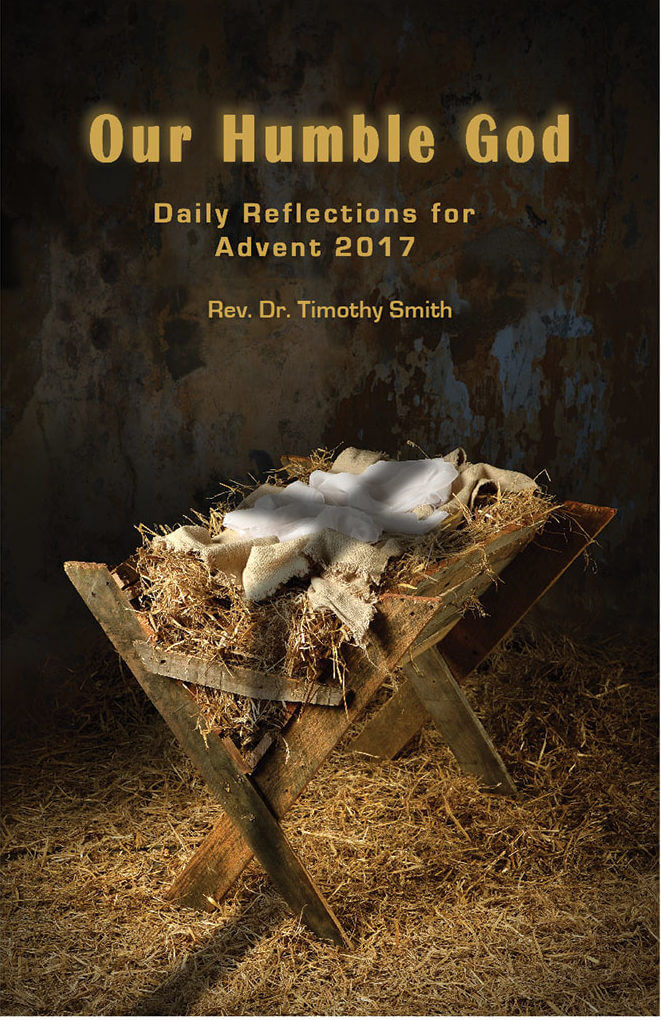PRAY:
Settle yourself into prayer and get ready to reflect on the Word of
God.
READ:
And being found in human form, he humbled himself and became
obedient to the point of death—even death on a cross.
Therefore God also highly exalted him and gave him the name
hat is above every name, so that at the name of Jesus every knee should
bend, in heaven and on earth and under the earth, and every tongue
should confess that Jesus Christ is Lord, to the glory of God the Father.
Philippians 2:7b-11
When I was young a teacher told me that there were three important rules for studying the Bible. “Number one: pay attention to the context.” “Number two: pay attention to the context.” “Number three: pay attention to the context.” Pedagogical overkill, perhaps, yet I never forgot it. An absolute must for rightly interpreting Scripture is to look at a text in its context.
After the last several days of reflection on the text of the Christ Hymn, it is important for us to look once again at its context. The immediately preceding context shows Paul urging Philippian Christians to put aside the selfish ambition and division disrupting their fellowship. The contemporary language of The Message translates Paul’s urgent plea: “Put yourself aside, and help others get ahead. Don’t be obsessed with getting your own advantage. Forget yourselves long enough to lend a helping hand.”
Paul bolsters his plea by pointing the Philippians to the humble attitude and actions of Jesus in the Christ Hymn. Christ is the crowning example of what humility looks like. In the Christ Hymn Paul takes on the pretentions of self-aggrandizement and self-seeking in the Philippian culture. By this “Paul challenged his audience to adopt, in their mutual relations, an attitude toward honor and power that was diametrically opposed to the statusconscious value system of the world in which they lived.” (Joseph Hellerman, Embracing Shared Ministry) The more Paul’s readers grasp the humble condescension of Christ, the more they will seek no longer to live only for themselves.
Our culture is little different from the honor culture of the Philippians as we are socialized to think that life is about our own happiness and selffulfillment. Again, New York Times columnist David Brooks warns about the self-centered pull of our culture: “We live in the culture of the Big Me. The meritocracy wants you to promote yourself. Social media wants you to broadcast a highlight reel of your life. Your parents and teachers were always telling you how wonderful you were.” (The Road to Character)
Admittedly, it is not easy to climb down from the throne of self, but there is danger in looking out for our interests at the expense of others. Pride of income, education, achievement, and birth are hostile to the mind that was in Christ Jesus.
Paul writes to the Corinthian Christians about the practical implications of Christ’s humble love: “Love is patient; love is kind; love is not envious or boastful or arrogant or rude. It does not insist on its own way; it is not irritable or resentful” (1 Corinthians 13:4-5). The remedy for selfish-ambition, rivalry and division in any relationship is to have the mind that was in Christ.
Looking at the context of the Christ Hymn means not only looking at the verses preceding, but looking at those following. Paul goes on to talk about his readiness to lay down his life for the sake of the Philippians: “But even if I am being poured out as a libation over the sacrifice and the offering of your faith, I am glad” (Philippians 2:17). As Paul writes to the Philippians he awaits execution for pouring out his life for the sake of the Gospel. That is humble, self-giving love!
Lilias Trotter was a wealthy, highborn aristocrat who sought to live out the mind that was in Christ. John Ruskin, the leading art critic of the Victorian era, told Lilias that if she would devote herself to her life as an artist “she would be the greatest living painter and do things that would be immortal.” (Miriam Rockness, A Passion for the Impossible: The Life of Lilias Trotter) Yet, Lilias turned from the promises of fame and fortune to go as an unmarried Christian woman missionary to 19th century Muslim Algiers. Despite poor health and harsh opposition Lilias poured out the next 40 years of life in humble service to Christ and His Kingdom. Her words embody the mind of Christ:
“Measure your life by loss, and not by gain.
Not by the wine drunk, but by the wine poured forth.
For love’s strength standeth in love’s sacrifice.
And he who suffers most has most to give.”
(Miriam Rockness, A Passion for the Impossible: The Life of Lilias Trotter)
REFLECT:
- What are some examples of what David Brooks calls “the culture of the Big Me?” Are there some ways in which you are feeling the “pull” of the Big Me culture? If so, take a few moments to talk with God about it.
- What might resisting the “pull” of the Big Me culture look like for you in one or two practical ways?
- Do you agree or disagree with Lilias Trotter’s words, “Measure your life by loss, and not by gain”? Why?
“We talk glibly of the ‘Christmas spirit,’ rarely meaning more by this
than sentimental jollity on a family basis. But what we have said
makes it clear that the phrase should in fact carry a tremendous weight
of meaning. It ought to mean the reproducing in human lives of the
temper of him who for our sakes became poor at the first Christmas.”
J. I. Packer, Knowing God



